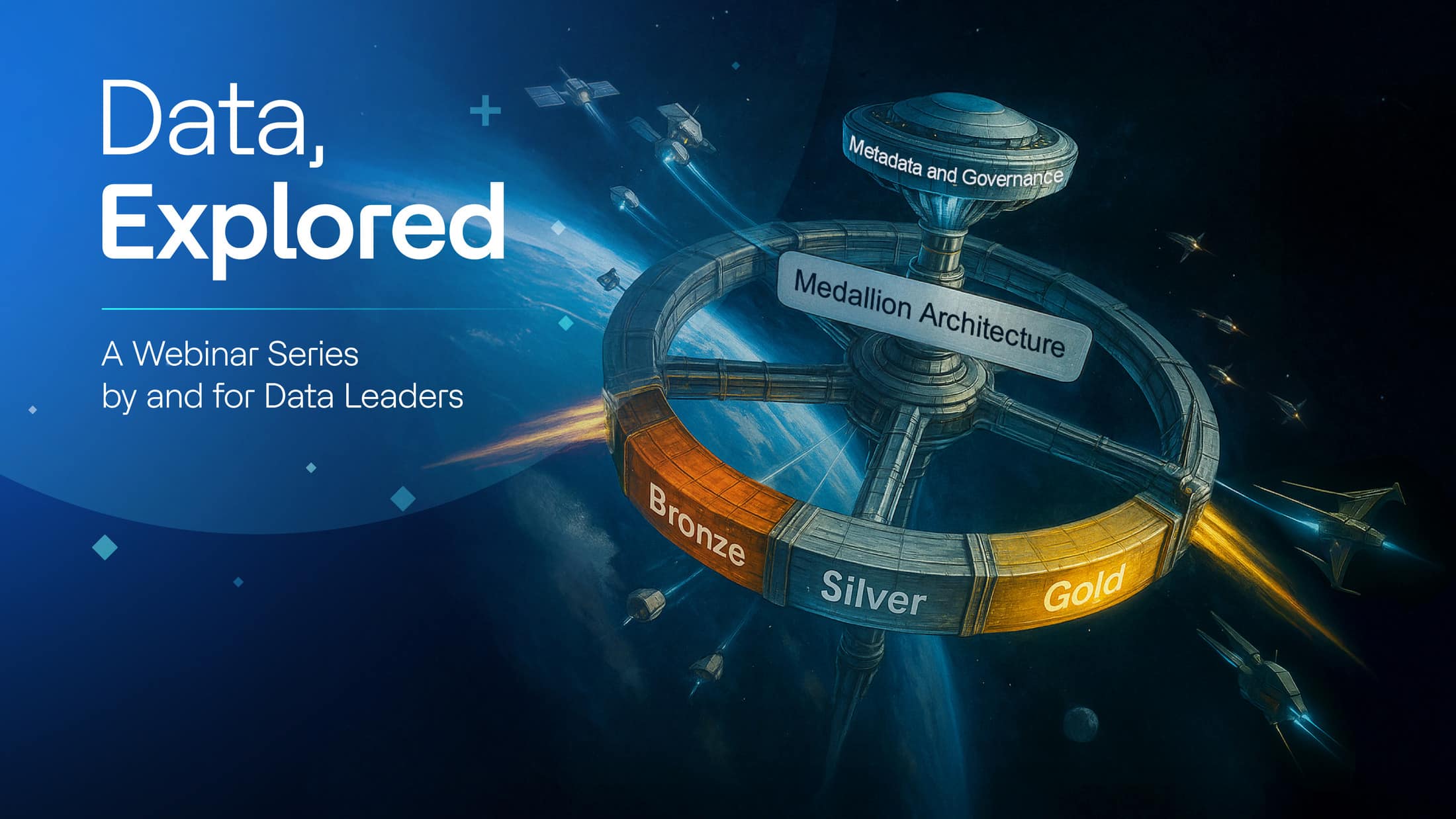Enterprise Data Management (EDM) is the term used to describe how a business inventories, deploys, integrates, governs, protects, and shares its data assets. EDM encompasses several disciplines, including data security, data governance, and data quality management and complements master data management.
Enterprise Data Management Best Practices
EDM adds value to any organization by providing all the data producers and consumers with a holistic view of their data ecosystem. Bad data can be replaced with high-quality data, stale data can be refreshed, and sensitive data can be secured to reduce overall corporate risk. Value stream mapping visualizes how data flows to applications, internal users, and external consumers.
Implementing the cybersecurity framework from NIST improves security and reduces the risk of reputational damage to your brand should your business become the victim of data loss.
Master Data Management (MDM) best practices complement those of EDM. MDM needs to be flexible, understandable, and regularly reviewed by infrastructure teams and prominent data producers. Every employee needs to be aware of EDM and MDM programs as part of their security training. Develop standards for monitoring existing data and onboarding new datasets. Weed out stagnant pools of stale data.
The Benefits of Enterprise Data Management
Successful adopters of EDM have benefited from many of the following aspects:
- Increased trust in higher-quality data sources.
- Fewer data silos and higher use of curated operational data.
- Data that is more accessible and easier to locate.
- Data that is more secure and meets compliance requirements.
- Data that is better integrated and easier to connect to.
- Streamlined access to better-protected data.
Data is the lifeblood of a modern data-driven business. EDM and MDM help businesses get the most value from their data and provide the foundational information required to embark on a data mesh or data fabric initiative.
Actian and Enterprise Data Management
The Actian Data Platform helps organizations control their enterprise data better, reducing the need for specialized expertise and providing the capabilities needed to implement a successful EDM program.
How Does EDM Differ From MDM?
In the capital markets industry, Enterprise Data Management (EDM) refers to data associated with securities data, and Master Data Management (MDM) refers to entity data. This delineation is helpful as the two forms of data are subject to different regulations.
Flexible Deployment
Data management encompasses all platforms where data exists. These include on-premise, embedded systems, IoT gateways, and private and public cloud platforms. The pragmatic approach to data management creates connected pools of data close to where the data is created. Identifying and isolating data silos that are not subject to data governance is essential.
Data Governance
Governance policies create transparency through data stewardship. This ensures an audit trail exists for where data is sourced, building trust in the data. Documenting the most authoritative data source in an enterprise discourages the creation of ungoverned copies—the ISO 38505 standard details recommendations covering data governance policies and practices. Data dependability is the consequence of sound data governance practices.
Inventorying Data
Data catalogs maintain metadata to inventory data and provide a source to support data provenance so users know they are getting data from a trusted source. Catalogs can play a significant role in curtailing uncontrolled data duplication. If a remote location needs a copy of a dataset and network latency is a problem, Change Data Capture (CDC) technology can be used to create and maintain a local authorized mirror copy.
Protecting Valuable Data
Financial data, for example, is subject to retention requirements for audit purposes. Critical operational data, such as customer transaction histories, must be protected from device failures. Data protection policies dictate what data must be archived off-site or replicated for business continuity and disaster recovery purposes.
Integrating Data
EDM manages how data is shared and integrated internally and with third parties. Data integration platforms allow data sources to be quickly connected using bus and hub-based approaches, replacing ad-hoc point-to-point connections between applications that become expensive and cumbersome to maintain. Data integration technology can validate data quality and proactively alert requestors and creators if data becomes corrupted or otherwise unfit for use.
Securing Enterprise Data
Security policies protect business data by ensuring appropriate levels of encryption are used for data in motion and at rest. Role-based security provides a scalable way to control access to data to authorized individuals, profiles, and groups via access control lists. Enforcing passwords using multi-factor authentication (MFA) and format rules helps to secure enterprise data from malicious attacks.
Cloud Data
There was a time when cloud data was viewed as being less secure than data stored on-premise. Today, cloud data platforms provide rigorous access controls and encryption and can guarantee data remains in the state or country to meet stringent regulations. Most organizations deploy on a cloud-first basis due to its elasticity and lower costs.
Data Consumption
Data consumers can include business decision-making, business intelligence dashboards, artificial intelligence-based advanced analytics, and data mining. Consumers can be external business partners and customers. For example, one of Actian’s customers publishes clinical trial data for global researchers to develop new drugs and treatments.






